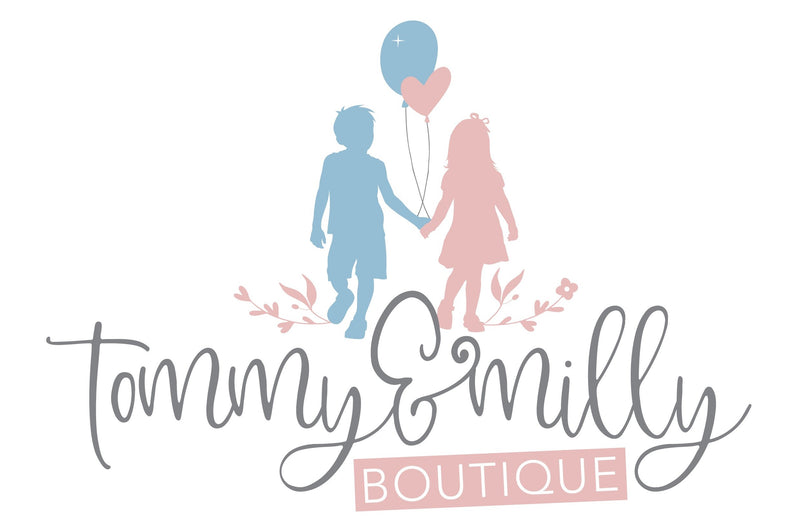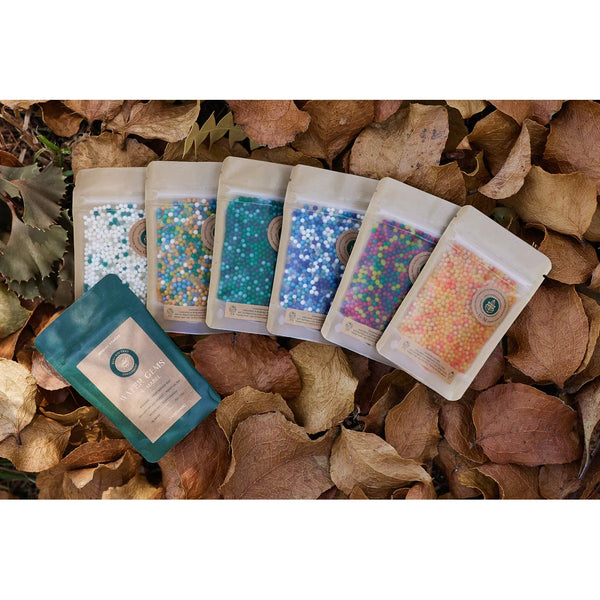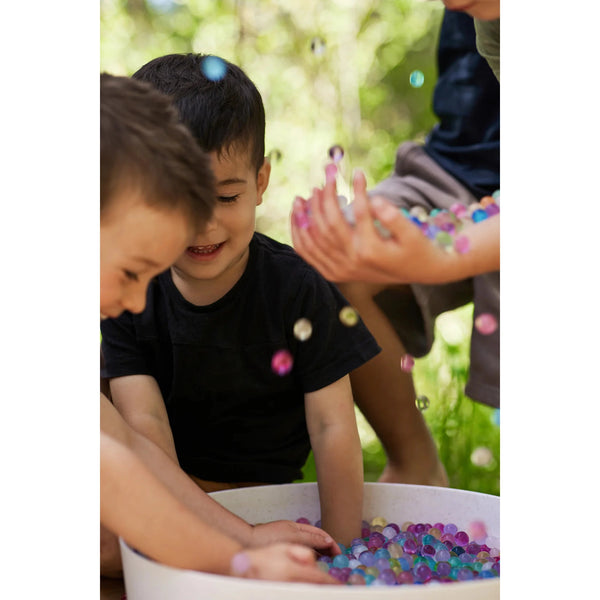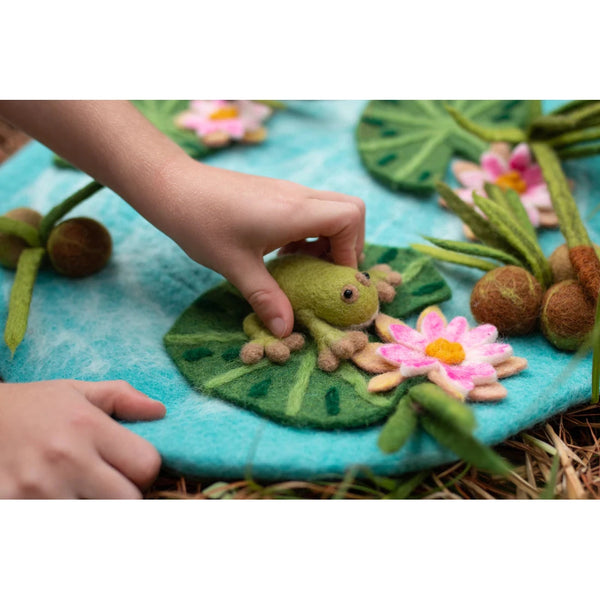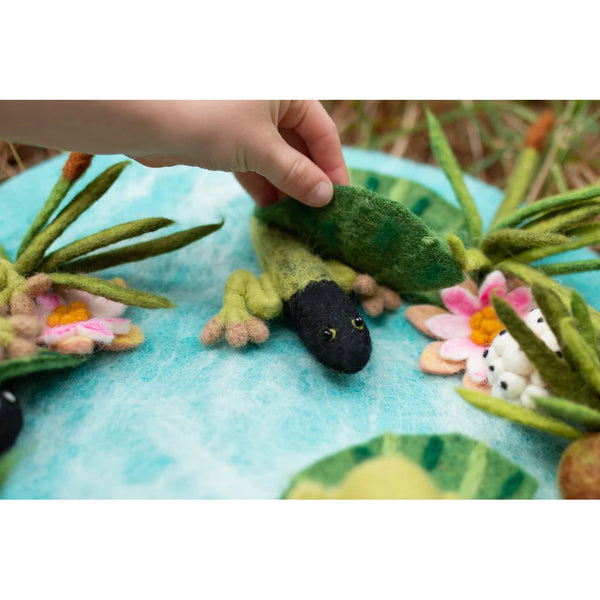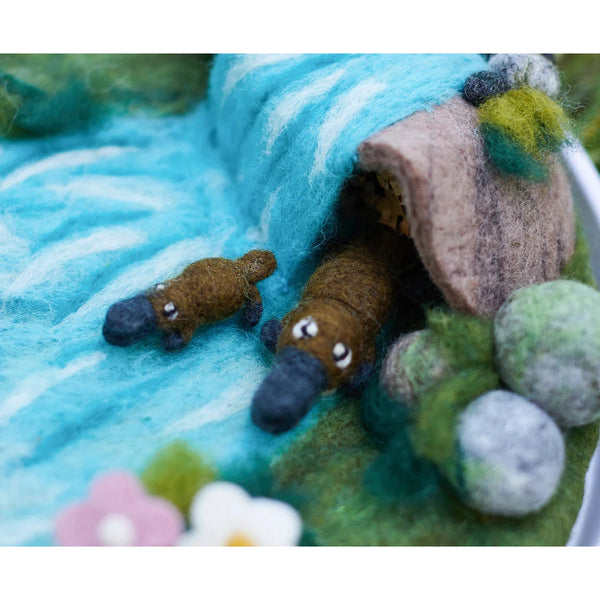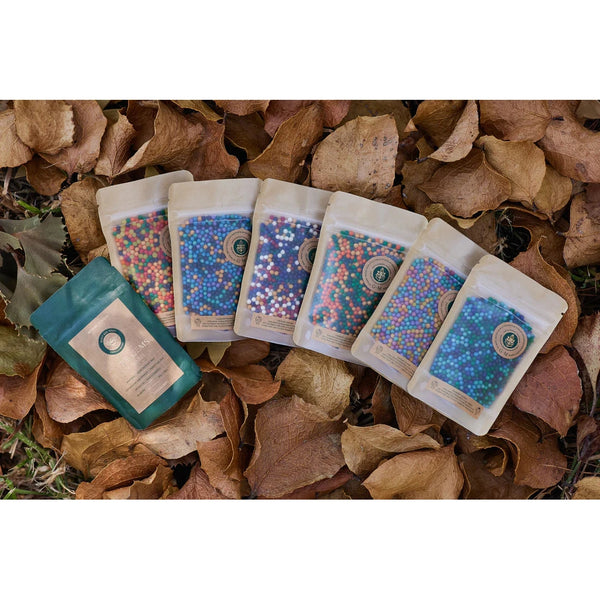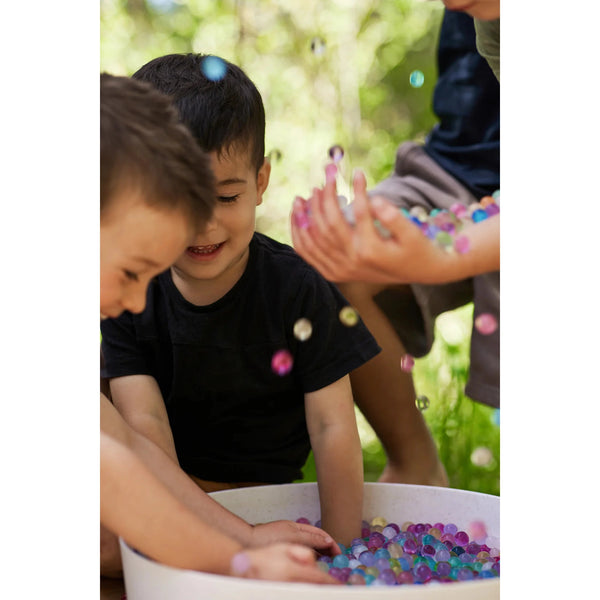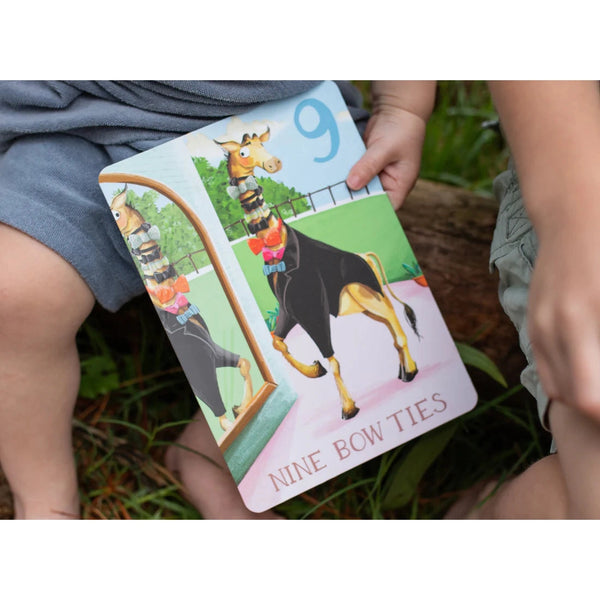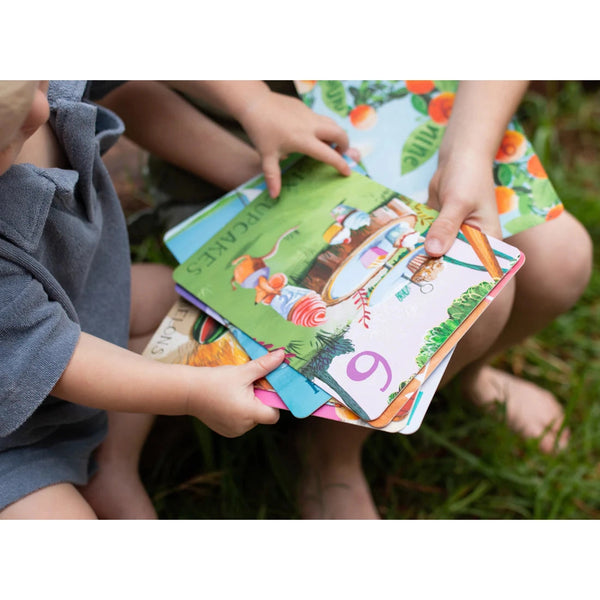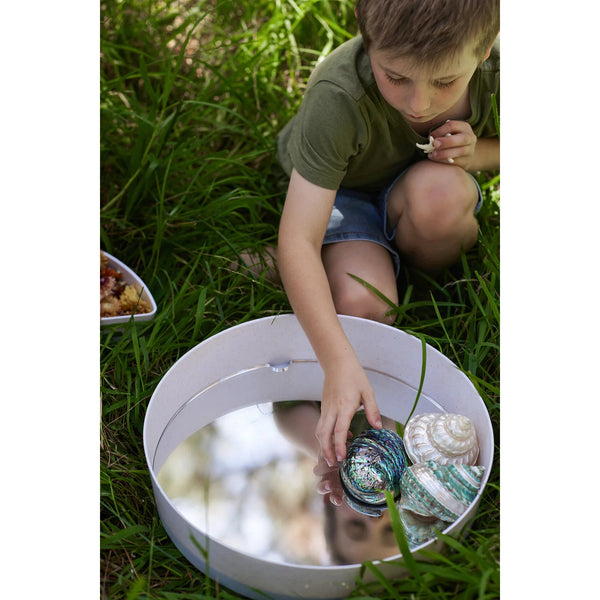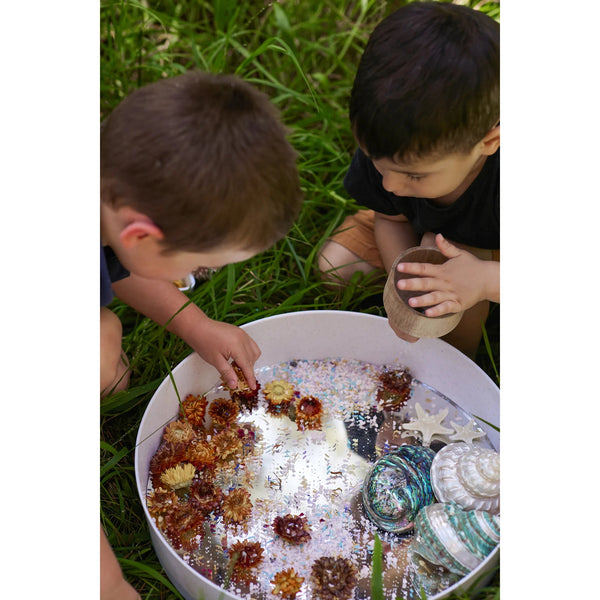Gus + Mabel
GUS + MABEL specialises in lovingly and thoughtfully designed children's sensory play resources with practicality, sustainability & aesthetics in mind.
Their range helps to encourage learning through exploration, curiosity, imagination, problem-solving & creativity, promoting only effervescent vibes! During product development, they accompany the principles of many educational approaches such as Montessori, Waldorf & Charlotte Mason.
It's with the utmost importance that every GUS + MABEL product makes for a positively delightful experience for you & your child; it is at the forefront of their ideology.
Sustainability within the range is their mission; they know there is no Plan(et) B for our beautiful home. They're hugely planet & people friendly, all products are made ethically & many beautiful teams strive to achieve the utmost quality.
Where possible, the products have been created using natural raw materials allowing them to be recyclable & biodegradable; it's a small but essential step to reduce our carbon footprint.
"We must always remember we are a children's brand; it's their future, after all."
WHY SENSORY PLAY
Look, listen, touch, taste, and smell are almost always taken for granted. Yet these senses are pivotal to learning complex tasks.
Sensory play helps children to build skills in cognitive growth, fine and gross motor skills, problem-solving, and social and language development.
From birth through to early childhood, children use their senses to explore and try to make sense of the world around them.
They do this by seeing, hearing, touching, tasting, and smelling.
Look at some of the significant benefits of sensory play:
BRAIN DEVELOPMENT
Engaging a child in sensory play helps strengthen their brain development for learning, which enhances their memory and ability to complete more complex learning tasks. Sensory play encourages learning through exploration, curiosity, problem-solving, and creativity. It helps build nerve connections in the brain and promotes language and motor skills development.
COGNITIVE GROWTH
The scientific process automatically begins in their brains whenever children are presented with new materials.
What is this? How does it feel? What does it do? How does it move? And we're off! Their little brains start racing!
Sensory play is the perfect opportunity for hands-on experimentation. Children's minds connect the objects in the world around them and how to interact with them as they touch, hear, smell, see, and sometimes taste.
LANGUAGE DEVELOPMENT
Sensory play helps children learn new ways of talking about the world. It supports their language development and encourages them to communicate effectively with others while playing. Sensory activities like playing with coloured rice/wheat/pasta, play dough, water gems, crystals, stones, etc., can all be perfect opportunities to work on giving commands, introducing new vocabulary, expanding language concepts like adjectives, action verbs, prepositions, plurals, etc., asking questions and a lot more.
SOCIAL INTERACTION
The Busy Bee Tray is a beautiful way of promoting social interaction! A positive sensory play environment encourages children to interact and work with others effectively, which is essential for a child's development. They begin to share their excitement and ideas and build new relationships.
ADAPTABILITY
Sensory play is a great way to help children adapt to new environments. They learn to use sensory play resources and differentiate between different scenarios through exploratory play.
FINE AND GROSS MOTOR SKILLS
Children identify objects by touch during tactile sensory play, which helps them develop their fine and gross motor skills – such as squeezing, pulling, pushing, and throwing.
CRITICAL THINKING
Children develop problem-solving and decision-making skills by experimenting with different objects during sensory play. They begin to find solutions to obstacles they encounter during sensory play – such as 'how to make sand stick together.
AWARENESS
Children are aware of and take in the environment around them when their senses are engaged. Sensory play helps children become more self-aware and body-aware, allowing them to understand the space around them better. Sensory development goes hand in hand with other early childhood education activities such as physical development, expressive arts, design, and overall personal, social, and emotional development.
COMFORTING
Sensory calming play provides sensory input and helps your child stay calm, self-regulate and be less fidgety. Take your Busy Bee Tray on a walk, collect stones, leaves, and dirt along the way, find a spot, sit down, talk about your adventure, and allow them to fidget with their finds, one of the most soothing activities.
